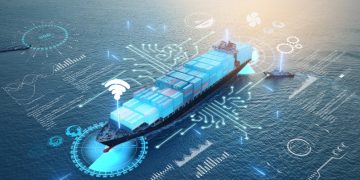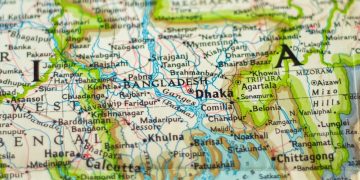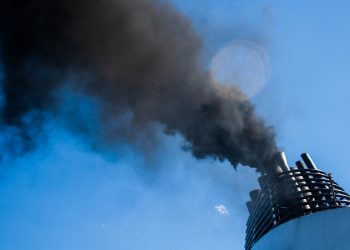The 6th SAFETY4SEA Limassol Forum was a full day event that took place on Wednesday 12th of February 2025 at the Columbia Venue Centre of Columbia Plaza, Limassol, Cyprus, where experts came together to discuss and explore the latest developments shaping the future of the maritime industry.
The event was organized by SAFETY4SEA, with MacGregor and SQE Marine as lead sponsors. Additional sponsors included: Arcadia Shipmanagement Co. LTD, Blue Planet Shipping Ltd, Capital-Executive Ship Management Corp, Capital Gas Ship Management Corp, Capital Shipmanagement, Columbia Group, Dorian LPG, Dromon Bureau of Shipping, Eastern Mediterranean Maritime Limited (EASTMED), Green-Jakobsen A/S, Latsco Marine Management Inc., Mintra, OneCare Group, RISK4SEA, Safetytech Accelerator, SEAFiT, Sun Enterprises Ltd, and V.Group.
Supporters of the event included: Clean Shipping Alliance (CSA), Cyprus Marine Club, The Institute of Chartered Shipbrokers (ICSC) Cyprus Branch, CYMEPA, Cyprus Shipping Chamber (CSC), The Nautical Institute Cyprus Branch, YoungShip Cyprus, Cyprus Marine and Maritime Institute (CMMI), Cyprus Union of Shipowners (CUS), and WISTA Cyprus.
Main issues discussed
- Building a strong safety culture onboard
- Why psychological safety is vital
- Important priorities on the crew welfare agenda
- HR retention and performance strategies
- Focus on human/ soft skills development
- Key trends and challenges for the future workforce onboard/ ashore
- Lessons learned and best practices
- Key Factors contributing to effective risk management
- Balancing innovation and safety
- Maritime decarbonization: Current challenges and opportunities
- Carbon-neutral fuels: Feasibility and challenges
- Emissions regulatory framework
Opening the event, Apo Belokas, Managing Editor of SAFETY4SEA, welcomed delegates and speakers while expressing gratitude to the event’s sponsors and supporters. He underscored the growing challenges facing the maritime industry, from regulatory compliance and the energy transition to crew welfare and the importance of taking human factors into account. Stressing the need for collaboration, Apo Belokas highlighted the importance of proactive solutions to navigate these evolving demands, ensuring a safer, more sustainable future for shipping.
Ioannis Efstratiou, Director Safety and Environmental Protection Directorate – Shipping Deputy Ministry, Republic of Cyprus, delivered a keynote address on environmental and safety regulations affecting the shipping industry. He discussed the “Fit for 55” environmental package and ongoing International Maritime Organization (IMO) procedures aimed at reducing greenhouse gas (GHG) emissions. Furthermore, he also addressed the newly adopted safety package, which includes amendments to Port and Flag State Control Directives. Additionally, he explored the implications of the proposal by EU Member States and non-European countries for a global market-based measure, such as a levy system, to significantly cut GHG emissions.
George A. Tsavliris, President of CYMEPA, delivered a keynote address that provided a detailed exploration of the current landscape of the maritime industry. In his speech, Tsavliris discussed key challenges, developments, and trends shaping the maritime sector today, including environmental issues, regulatory changes, and technological advancements. As the head of an organization focused on marine environmental protection, his insights emphasized the industry’s growing focus on sustainability, eco-friendly practices, and compliance with international environmental standards.
Session 1: Enhancing maritime safety and well-being
Lennart Ripke, Senior Consultant & Commercial Director, Green Jakobsen, focused his presentation on enhancing human performance in the maritime industry. He outlined a four-step approach, beginning with recognizing the need for improvement, followed by identifying and evaluating Performance Influencing Factors (PIFs). Ripke emphasized the importance of measuring these factors effectively and setting clear human performance objectives. His insights highlighted the role of structured assessment and goal-setting in fostering a safer, more efficient working environment.
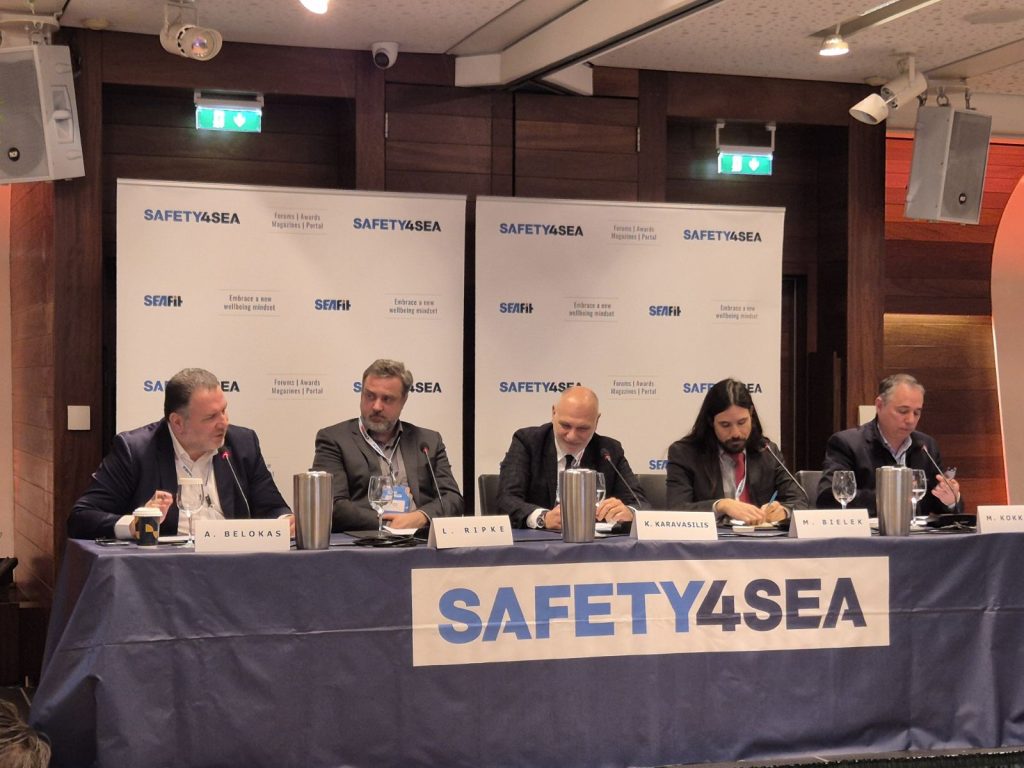 Capt. Konstantinos G. Karavasilis, Regional Director, Loss Prevention, UK P&I Club, emphasized the importance of a multi-faceted approach to improving maritime safety and well-being. His presentation focused on integrating a strong safety culture, promoting psychological safety, and implementing crew welfare initiatives. Ultimately, Capt. Karavasilis called for collective commitment to creating a safer, healthier, and more resilient maritime environment, encouraging collaboration, innovation, and continuous improvement to achieve these goals.
Capt. Konstantinos G. Karavasilis, Regional Director, Loss Prevention, UK P&I Club, emphasized the importance of a multi-faceted approach to improving maritime safety and well-being. His presentation focused on integrating a strong safety culture, promoting psychological safety, and implementing crew welfare initiatives. Ultimately, Capt. Karavasilis called for collective commitment to creating a safer, healthier, and more resilient maritime environment, encouraging collaboration, innovation, and continuous improvement to achieve these goals.
Marinos Kokkinis, Managing Director, OneCare Group, delivered a presentation on the evolving landscape of seafarer health, crew welfare, and resilience. He highlighted innovative approaches and strategic initiatives that are shaping the future of crew care. The presentation covered the use of AI-driven health assessments, as well as providing comprehensive mental health support and digital wellness solutions. Marinos Kokkinis emphasized how these proactive measures are transforming crew wellbeing, ensuring seafarers receive the support and resources they need to maintain their health.
During the first panel discussion, Marvin Bielek, Press & Media Secretary, YoungShip, emphasized the critical importance of crew welfare, stressing that it goes beyond mere regulatory compliance. He explained that prioritizing the well-being of seafarers is essential not only for their safety and well-being but also for ensuring the overall safety of the ship and its operations. By placing crew members at the forefront, the industry can foster a safer and more effective working environment.
Following the first panel discussion, Apo Belokas, Managing Editor, SAFETY4SEA, gave a presentation on the importance of rethinking the industry’s approach to human capital, emphasizing a shift from a fixed to a growth mindset—moving from traditional Safety 1.0 to a more progressive Safety 2.0. He highlighted that outdated thinking is holding the industry back, and the ability to learn by doing has been key to its survival. Belokas underscored the relevance of Human Capital Return on Investment (HCROI), urging industry leaders to revisit and rethink this crucial metric. Looking ahead, he stressed that seafarers should be viewed as a valuable resource rather than a cost center, especially as attracting and retaining high-quality talent becomes increasingly challenging.
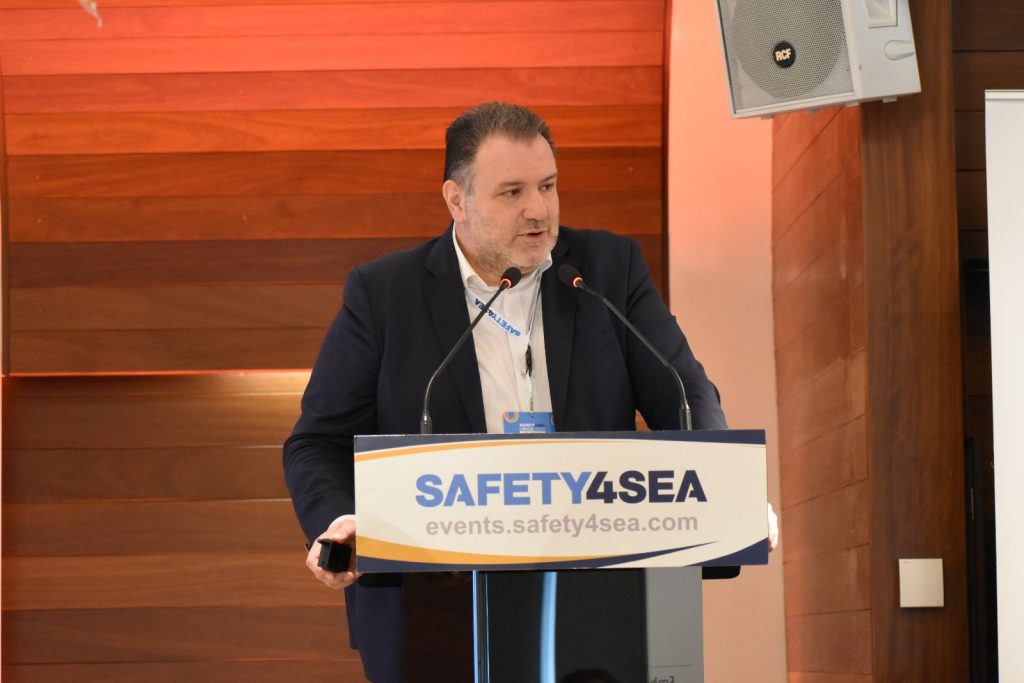 Session 2: Building the future maritime workforce
Session 2: Building the future maritime workforce
Capt. Alexandros Gerokounas, MSQ Manager, DPA / CSO, LMZ SHIPPING, delivered a presentation on Human Resource Management (HRM) strategies in shipping, emphasizing their vital role in workforce retention and performance for both shipboard and shore-based employees. He analyzed the most effective HRM practices that international shipping companies can adopt to enhance employee motivation, leadership, and productivity. The presentation explored how strategic HRM implementation contributes to organizational growth and sustainability while addressing challenges related to workforce retention in the maritime industry.
Panagiota Photiou, Acting Head of Maritime Human Element Centre, CMMI, noted that many young people perceive the blue economy as limited to fishing and shipbuilding, making early education on ocean literacy essential. Photiou emphasized the importance of equipping teachers and educators with the necessary tools to guide students toward existing and emerging blue career opportunities. She also introduced the NextBlueGeneration project, which aims to raise awareness among youth about maritime professions while helping bridge the gap between workforce supply and demand.
During the second panel discussion, Eva Rodriguez, Corporate HR Marine Director, Bernhard Schulte Shipmanagement (BSM), emphasized the importance of attracting, developing, and retaining talent in the maritime industry, especially in an area of transformation such as the current one. Meanwhile, Stewart Bankier, Group Director Crewing (Training), Columbia Group, highlighted the need for modern training approaches to equip seafarers for evolving industry demands. Additionally, they both stressed the importance collaboration and continuous learning to build a strong future workforce.
Session 3: Navigation and risk management focus
Sebastian Corby, Principal Consultant, Safetytech Accelerator, discussed how emerging technologies can enhance maritime safety, particularly in risk and fire prevention at sea. He shared key lessons from deploying technology in safety-critical industries and emphasized the role of collaboration in reducing risk and accelerating solutions. Corby highlighted the latest advancements in AI and industrial IoT, demonstrating how these innovations are transforming risk management. His presentation underscored the need for proactive adoption of technology to enhance safety and resilience in the maritime sector.
Capt. VS Parani, Vice President – Marine, Tufton Asset Management, emphasized the need for improving passage planning through better visualization and shared understanding. He highlighted the shift from traditional MPX to HMP, which enhances spatial awareness, incorporates maneuvering characteristics, and facilitates monitoring and interventions. He pointed to best practices industry recommendations, underlining that a well-prepared passage plan is essential for safer and more efficient navigation.
Dimitris Psarros, Business Development Manager, RISK4SEA, discussed the challenges relating to Port State Control (PSC) and vessel detentions, emphasizing that detained ships are not inherently problematic, but often lack preparation. As a result, he proposed improving the availability of PSC intelligence data, such as port KPIs and deficiency codes, and stressed the importance of assessing 100% of ship calls to better identify and address port-related risks.
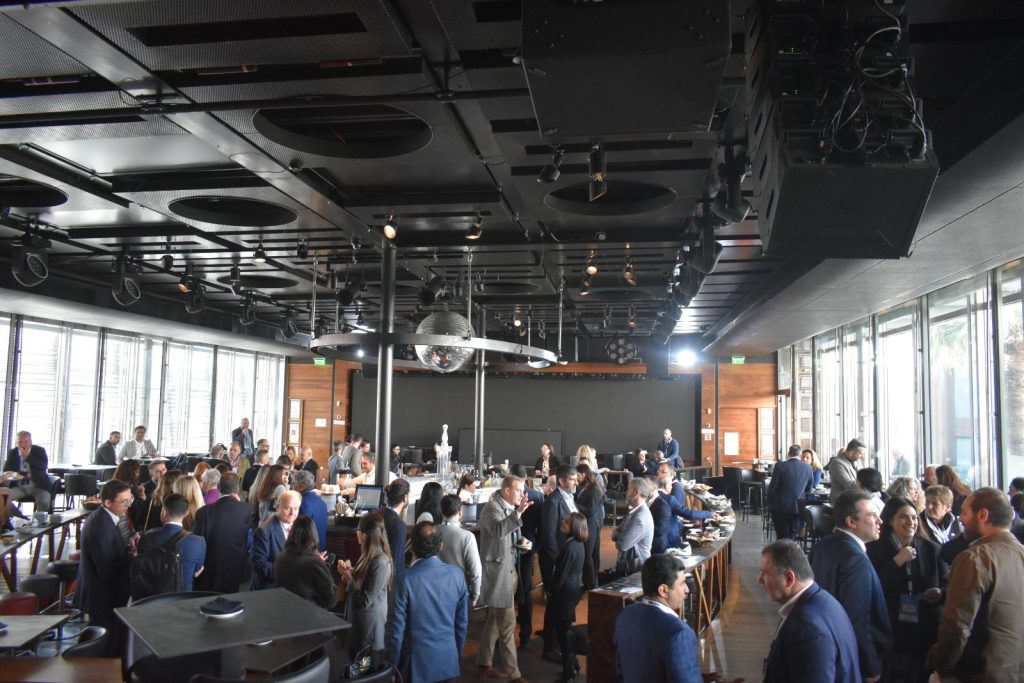 Session 4: EU regulations and IMO 2030/2050 goals
Session 4: EU regulations and IMO 2030/2050 goals
Marinos Ioannou, Environmental Manager, Dromon Bureau of Shipping, addressed the latest developments in EU regulations for maritime greenhouse gas (GHG) emissions and the challenges of their implementation. He discussed the current status of regulations, upcoming changes, and the difficulties faced in their enforcement. He also touched on the crucial role of Administering Authorities and highlighted the impact of the Fuel EU initiative in promoting sustainable maritime operations.
Chara Georgopoulou, Head of Maritime R&D and Advisory Greece, DNV Cyprus Ltd, discussed the challenges and opportunities in decarbonizing the maritime industry, focusing on alternative fuels and technologies. She outlined key industry trends for 2025, presenting DNV’s estimates for the future of shipping. Finally, Georgopoulou highlighted two key areas of focus: advancements in energy management and the integration of new technologies, both of which offer promising solutions for improving efficiency and supporting decarbonization.
Andreas Chrysostomou, Executive Director, Clean Shipping Alliance, explained during the last panel discussion that complying with environmental regulations ultimately depends on the industry’s readiness to adapt and evolve. He emphasized that successful implementation will require operators to collaborate and share insights as they work together toward a common path forward.
EXPLORE MORE ABOUT THE 2025 SAFETY4SEA LIMASSOL FORUM HERE























